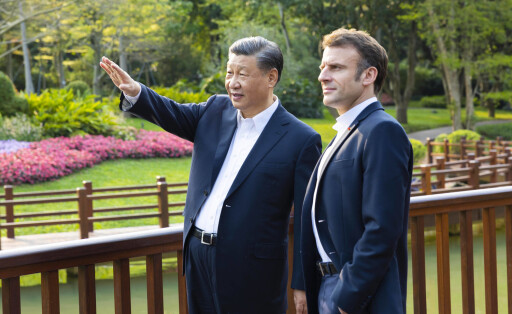
Macron sparks Taiwan debate in the EU
The statements made by French President Macron on the Taiwan issue continue to cause criticism, while the government in Paris defends its president. Within the EU, Macron has sparked a much-needed debate on the future course of China and Taiwan policy.
By Redaktion Table





